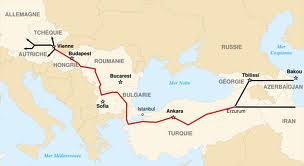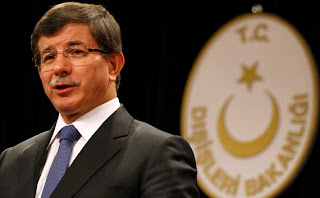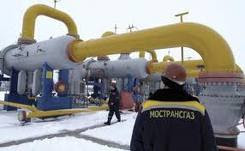Jacob Gronholt - PEDERSEN THE WALL STREET JOURNAL
MOSCOW—Russia secured approval from Turkey on Wednesday to build the South Stream gas pipeline across the Black Sea, removing the last major obstacle to proceed with a project that could increase Europe's dependence on Russian natural-gas supplies.
The move heats up the battle between Russia and the European Union over competing pipelines, especially the European Union-backed Nabucco project, and increases pressure on Ukraine to give Moscow control of its pipeline system.
Turkey's approval, given by Energy Minister Taner Tildiz during talks with Russian Prime Minister Vladimir Putin in Moscow on Wednesday, had been a stumbling point for Russia to proceed with the offshore part of the South Stream project.
Russian state gas giant OAO Gazprom ships most of its gas exports to Europe via Ukraine, but supply disruptions in recent years due to pricing disagreements between the two countries have led Russia to seek to bypass Ukraine and promote new pipelines such as South Stream.































